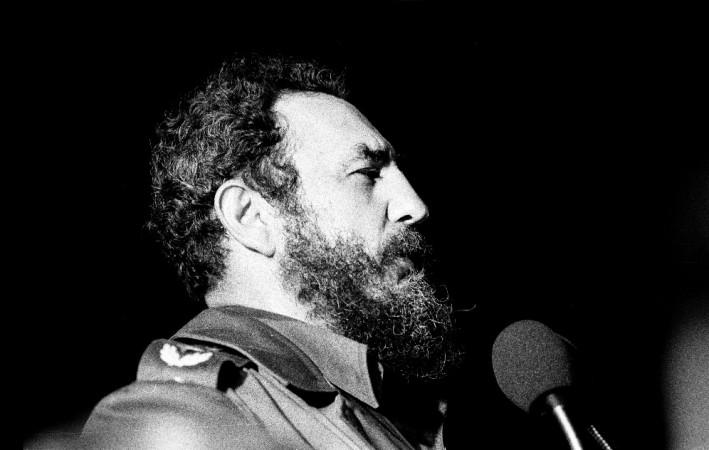
Cuban revolutionary leader Fidel Castro, who died on November 25, was hailed at the United Nations General Assembly (UNGA) as "one of the 20th century's most iconic and influential leaders" by UNGA President H E Peter Thomson at a memorial tribute on Tuesday.
Addressing the ceremony held at the assembly chamber, Thompson said that Castro for many people "embodied the struggle of the global south for independence, justice and development. His activism in pursuit of a fairer and more just world made him a symbol of resistance and inspiration to people across the world in Latin America, Africa and beyond."
Castro ruled Cuba as one-party communist state before handing over power to his brother Raul Castro owing to his deteriorating health. Castro also shared camaraderie with revolutionary leader Che Guevara and both shared a complex relationship. Both the leaders led the Cuban guerrilla revolution to upturn the dictatorship of Fulgencio Batista. He was also a Cuban nationalist and Marxist-Leninist who served as the First Secretary of the Communist Party of Cuba from 1961 till 2011. The bearded revolutionary survived possibly hundreds of assassination plots against him, several of them carried out by the US.
Almost 30 representatives of several countries and groups praised Castro and his leadership, however, there were no speakers at the assembly from Western nations. Even the outgoing UN Secretary-General Ban Ki-moon called Castro "one of the most important Latin American leaders of the 20th century and the most influential shaper of Cuban history since his own hero, Jose Marti, struggled for Cuban independence in the late 19th century."
The UN chief's remarks about the Cuban leader were read by Assistant Secretary-General for Political Affairs Miroslav Jenca. He added that Castro left "a major imprint on his country and global politics. Until his last days, he was deeply concerned about the future of humanity and the challenges of our times."
A lot of the speakers present in the assembly praised Castro for providing free healthcare and education in Cuba and also for bringing the nation's illiteracy and mortality rates to one of the lowest in the world.

















